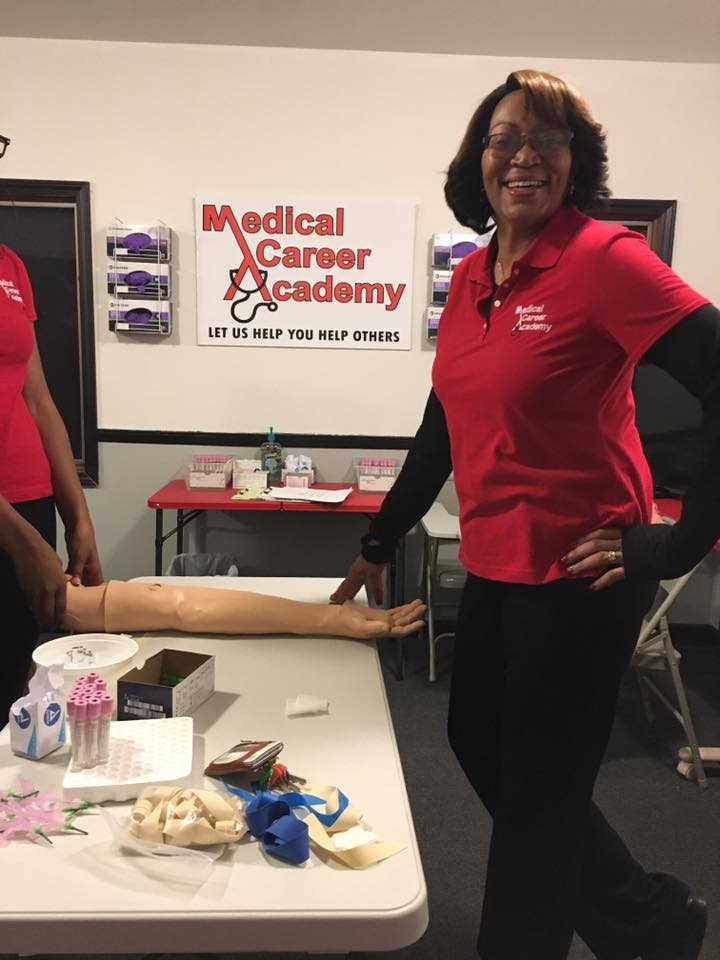As COVID-19 has made it riskier for people to spend time outdoors, even in hospitals, healthcare within the home became a norm. This has made it much safer for at-risk individuals to seek and receive treatment.
And with nearly 10 million losing their jobs due to the pandemic, people are reevaluating their careers by considering industries far from their expertise. Now, what if there was an in-demand medical career that could solve this issue?
The good news is, there is! It’s called a home health aide, and here are the only five facts you need to know about it!
They’re Similar to Nurses
Home health aides are medical helpers for the chronically ill, disabled, or elderly. Their only difference with nurses is the setup. While nurses have regular shift schedules so one member can go home, home health aides sometimes live with the patient’s family when required.
In other cases, home health aides under agencies are under a rotating provider-to-patient schedule with other co-workers, so they end up serving more than one client at a time.
Their Responsibilities Involve a Wide Range of Tasks
Depending on the patient’s case, they apply home care or hospice care, including bathing, dressing, exercise, house cleaning, cooking, and even driving. In some states, they may also be certified for basic medical care, including first aid, checking, and recording vital signs.
Home health aides are essentially health care providers and assistants to families that cannot carry out those responsibilities due to lack of time, experience, or capability (as is the case when the patient’s partner is also chronically ill, disabled, or elderly).
Since home health aides work closely with their patients daily, they must also be psychologically prepared to deal with tantrums while remaining personable, compassionate, and patient.
There Are Opportunities for Formal and Non-formal Training
If you’re a healthcare worker who wants to transition to this role formally, medical career training can be gained both on the job or through training programs.
You can achieve the former by going to your agency and seeking help from co-workers on cooking for particular diets, doing menial home chores, and providing one-on-one patient care. If Medicare or Medicaid covers your agency, the law requires all healthcare providers to undergo formal training and pass a state-based evaluation or exam.
Regarding non-formal training, third-party organizations like American Red Cross offer courses that teach participants about hygiene, communication, common diseases, and homemaking for the provider to give care suited to the patient.
Certification Helps
Depending on your state of residence, home health care aides must be certified by a medical board and the state you reside. All aspiring home health care aides need to undergo a certification process called the Home Care Aide National Certification Program offered by the National Association for Home Care and Hospice.
The requirements of this certification period include:
- Completing seventy-five training hours.
- Demonstrating competency in skill.
- Passing a written examination.
Be sure to check in with your state’s requirements regarding certification. However, we highly recommend voluntary certification—whether required or not.
Career Growth Is Guaranteed
The U.S. Bureau of Labor Statistics is projecting tremendous growth in this industry, with career opportunities targeted to increase by 37 percent from 2018-2028 with an average annual salary of nearly $22,000! Certification can help you command higher prices in the long run.
Conclusion
Becoming a home health aide is much like becoming any kind of medical health worker—be it a doctor or a nurse. It requires constant relearning and unlearning to provide patients with the best care possible while earning a higher income.
If you need medical career training to make your shift as smooth as possible, send us a message, and we’ll respond right away! We give medical assistant classes in Indiana that combine hands-on experience and digital learning from highly skilled, experienced instructors so you can become the certified home health aide you’ve always wanted to be!

